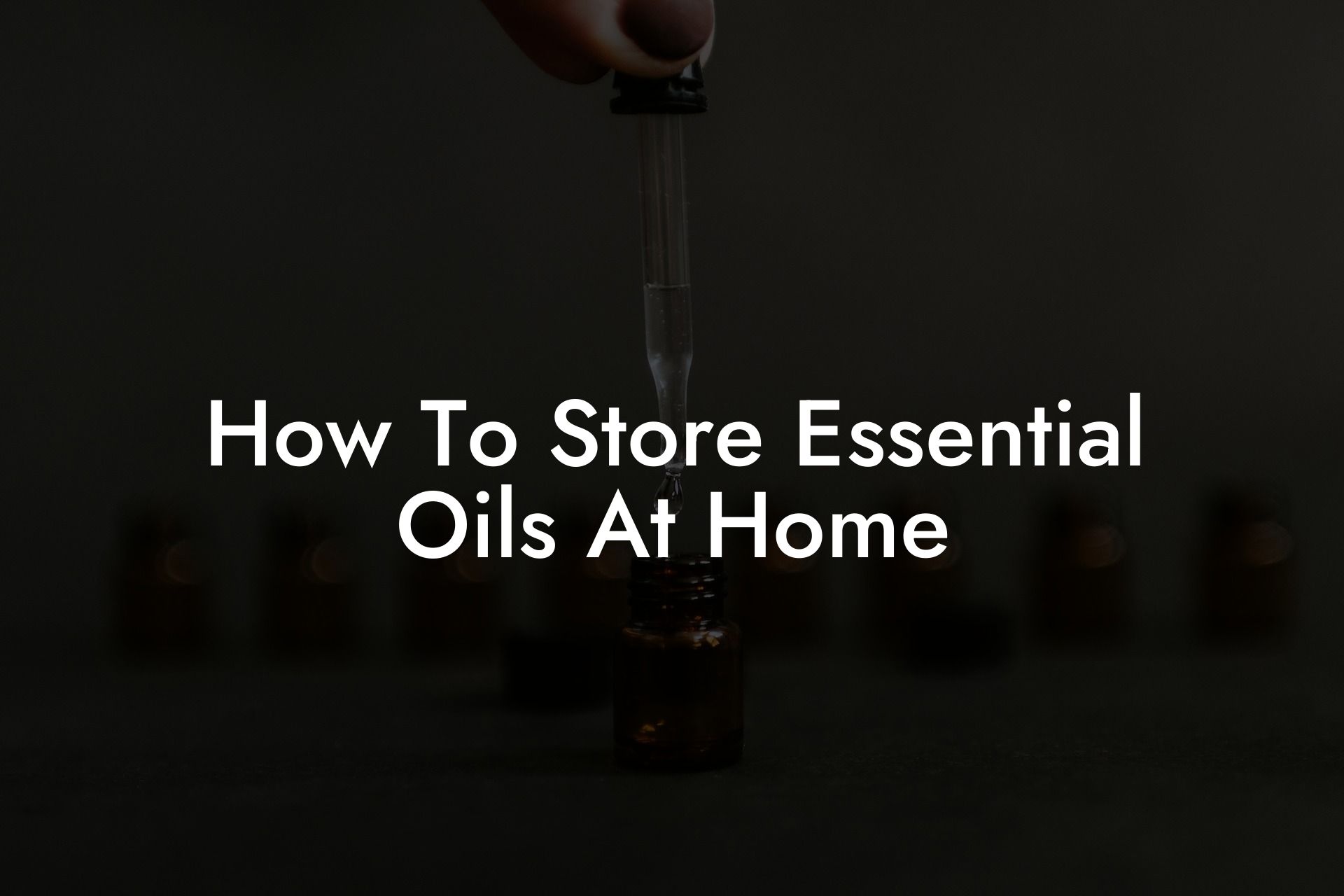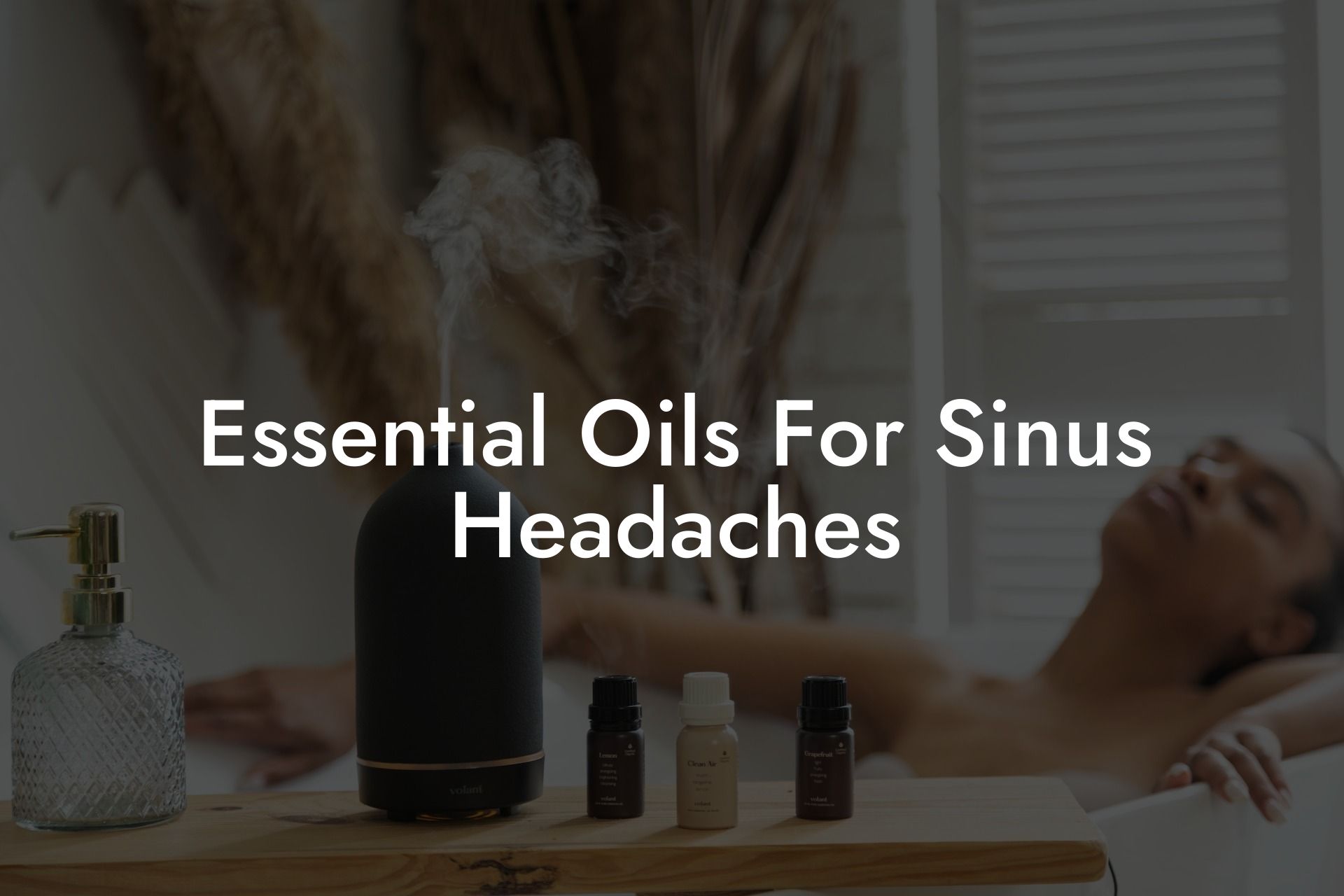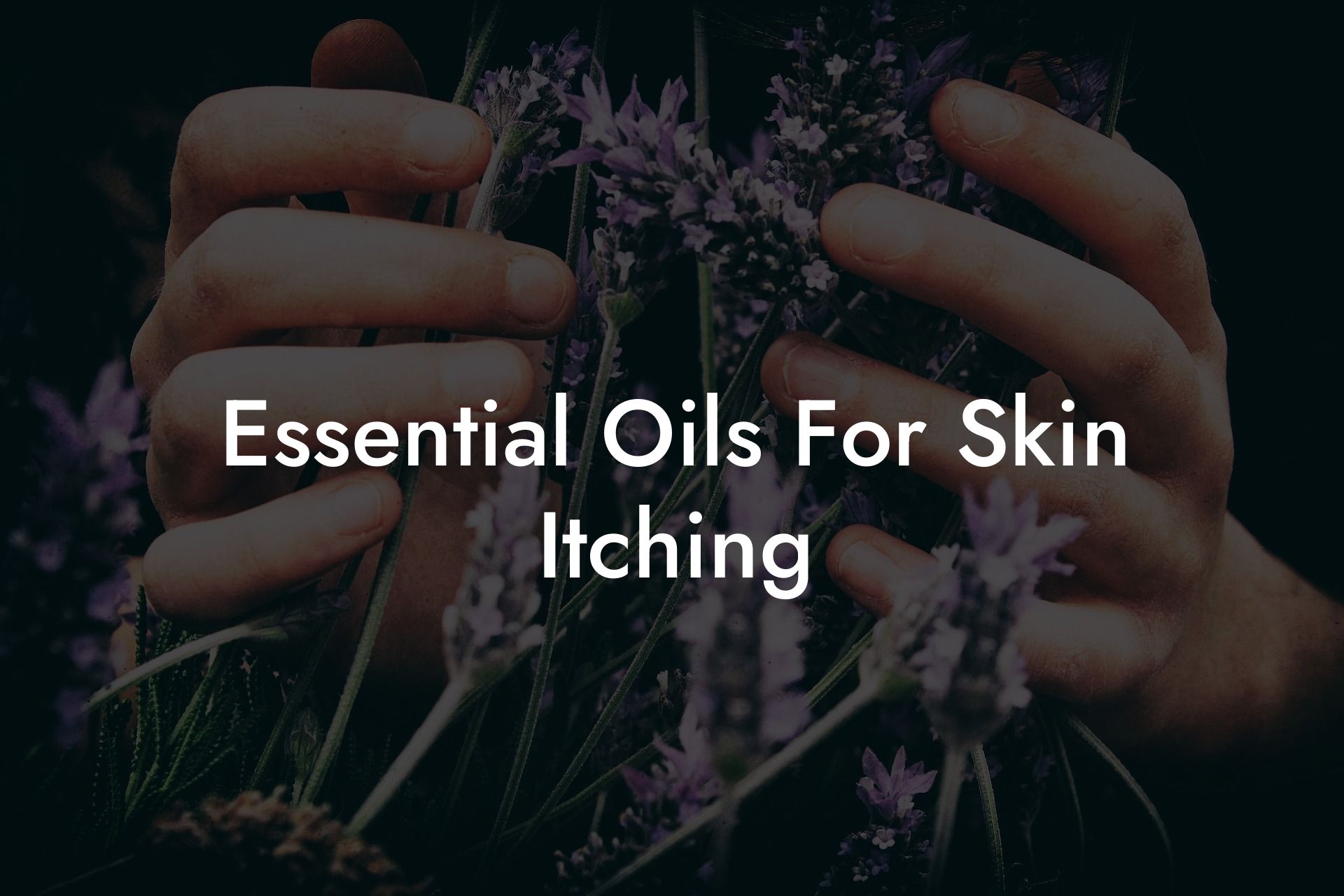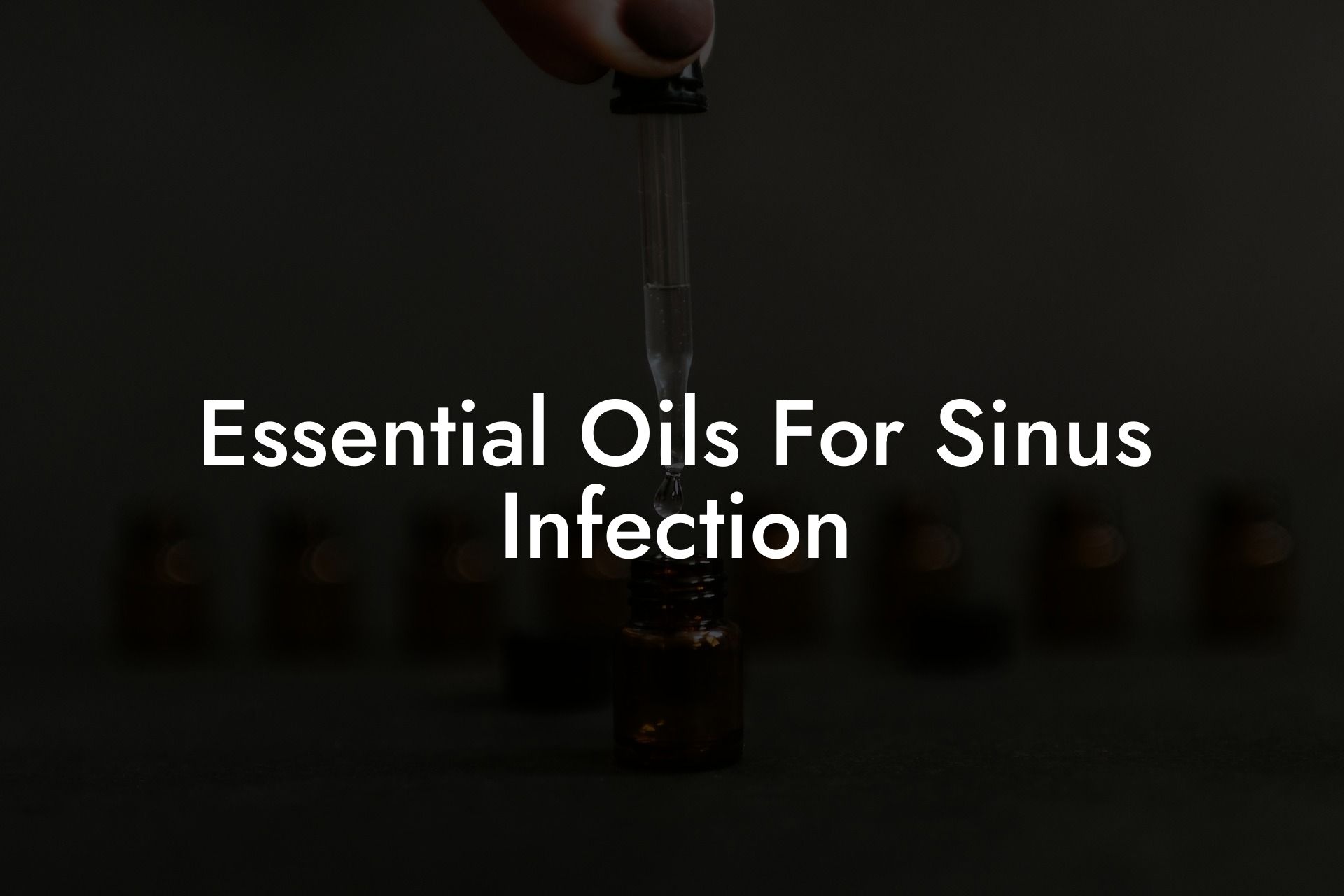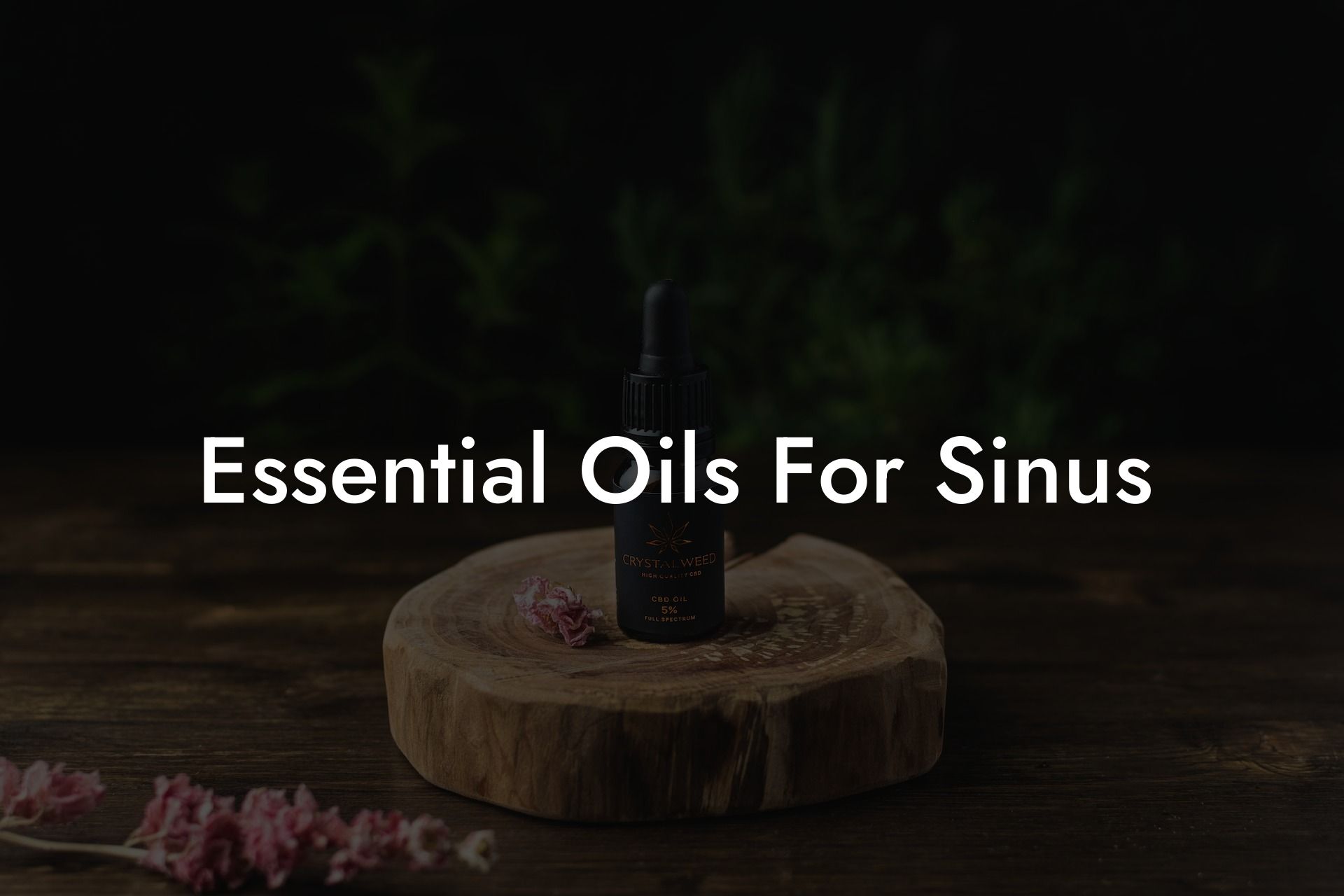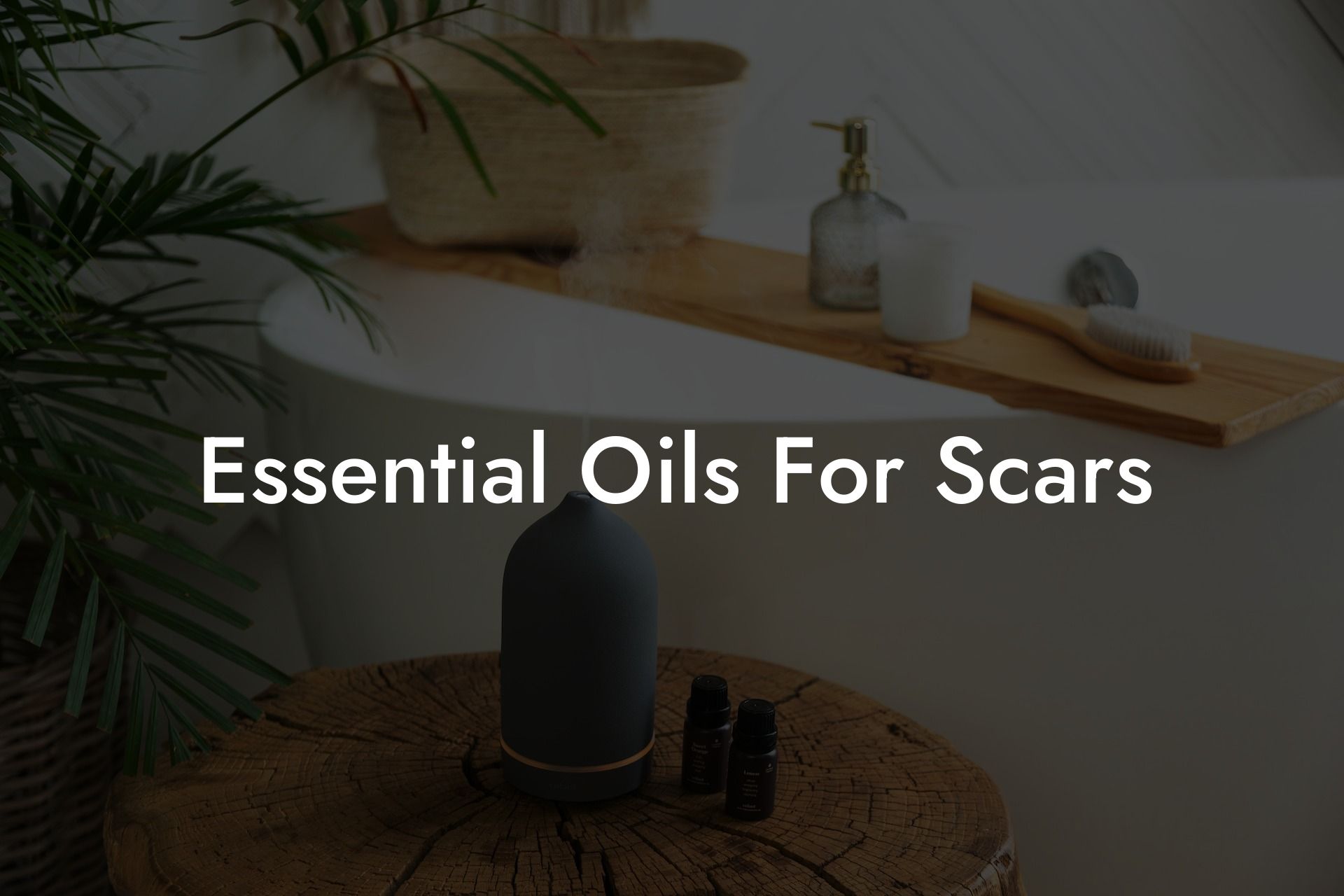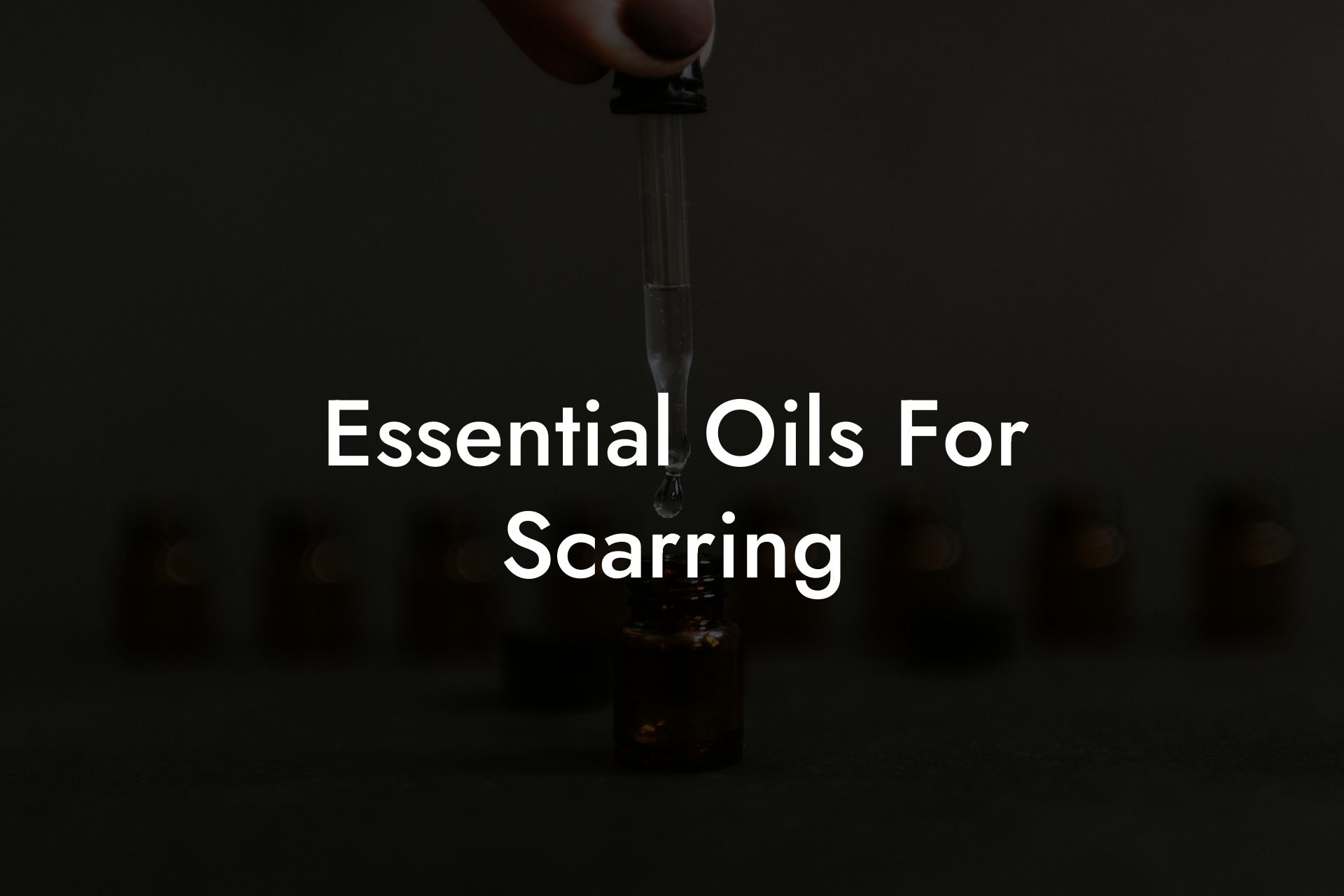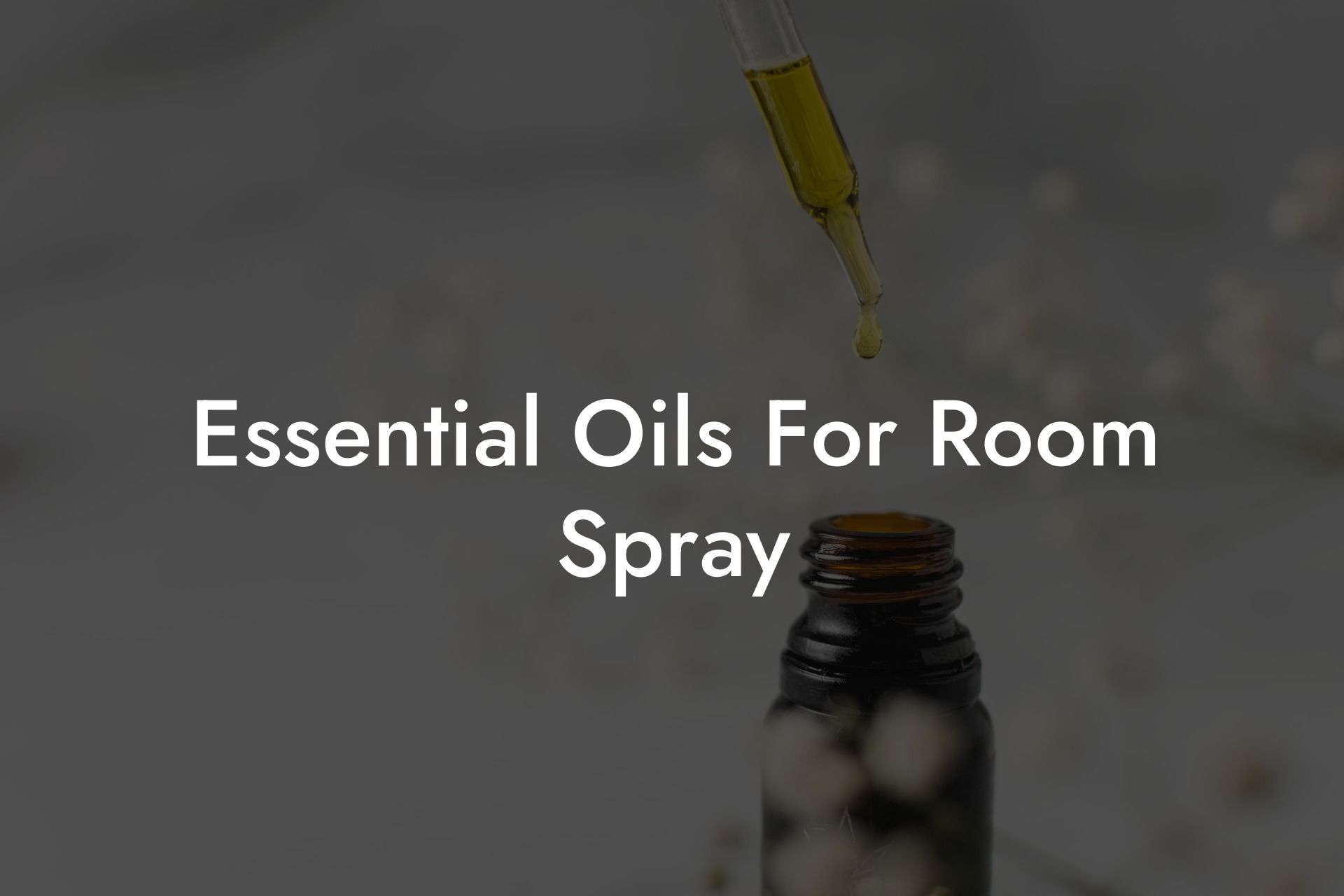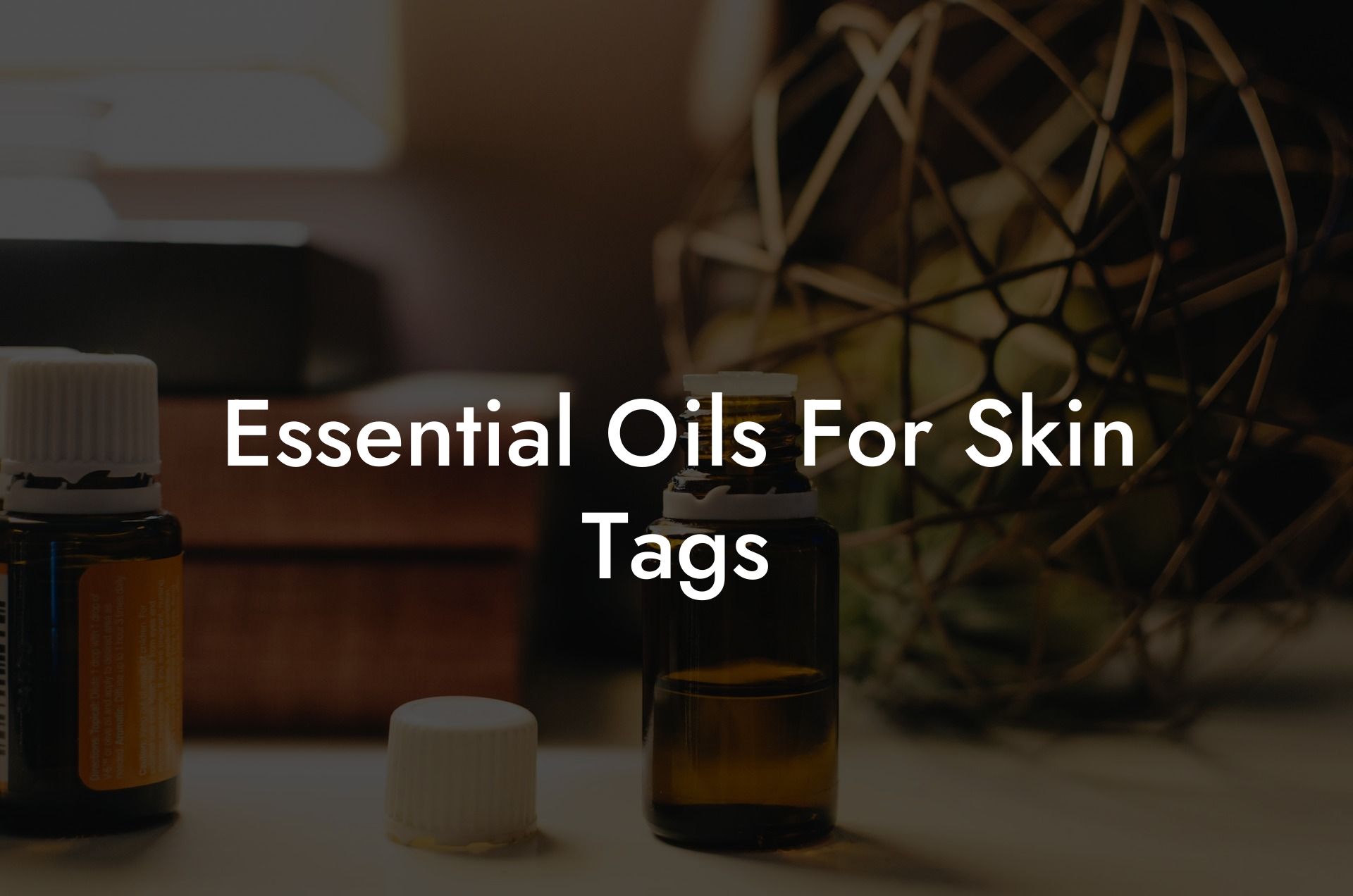Are you unsure about the proper way to store your essential oils at home? Fear not. We have created this comprehensive guide to help you understand the correct storage techniques to ensure your essential oils maintain their efficacy and aroma. Join us as we explain why proper storage matters and walk you through some of the best practices to keep your oils fresh and potent.
Table of Contents
H2: Why Proper Storage Matters
Essential oils are potent natural substances that are sensitive to factors like heat, light, and air, which can affect their chemistry and compromise their quality over time. Proper storage is crucial in maintaining their freshness, potency, and aroma.
- H3: Prolonging Shelf Life: Storing essential oils correctly can extend their shelf life, ensuring their therapeutic properties remain intact for longer.
- H3: Retaining Potency: Exposure to air causes oxidation, affecting the oil’s potency. Airtight, well-sealed containers are vital for preserving your oil’s efficacy.
- H3: Maintaining Aroma: The strong smell of essential oils can evaporate easily. Proper storage is essential to maintain the pleasant aroma and for longer periods.
- H3: Safety: Since essential oils can degrade plastic, proper storage can prevent contamination, keeping your oils safe for use.
H2: Best Practices for Storing Essential Oils at Home
Follow these best practices for the safe and effective storage of your essential oils:
- H3: Keep them in dark, glass containers: Essential oils are best kept in dark-colored glass bottles (amber, blue, or brown) to protect them from light exposure, which can cause chemical deterioration. Glass should be used as oils can potentially dissolve plastic, leading to contamination.
- H3: Use airtight containers: Make sure the containers are airtight and well-sealed to prevent oxidation and loss of aroma.
- H3: Store in a cool, dark place: Heat and sunlight can cause essential oils to lose their potency and aroma. Keep them away from direct sunlight, heat sources and in a cool, dark area (preferably below 24 degrees Celsius).
- H3: Keep them away from moisture: Moisture can damage essential oils, so avoid storing them in damp areas like bathrooms. Also, keep them away from humidifiers and essential oil diffusers that emit water vapor.
- H3: Label your bottles: Clearly mark the oil’s name and purchase or open date to keep track of freshness and shelf life.
- H3: Don’t overstock: Purchase essential oils in smaller quantities and plan for regular usage to avoid having them sit idle for long periods. This will help ensure that you’re always using fresh oils with optimal potency.
How To Store Essential Oils At Home Example:
Imagine you’ve just purchased a set of Oshu Oils’ Artisan Essential Earth Oils, and you want to ensure they remain effective and aromatic for as long as possible. First, make sure your oils are in dark, glass containers (amber, blue, or brown) with airtight, secure lids. Find a cool, dark, and dry storage location in your home, preferably a cabinet or cupboard away from direct sunlight and heat. This will keep them away from moisture and other damaging elements, too. Lastly, label your bottles with the name of the oil and the date opened, so you can track the freshness of each essential oil.
By following these simple yet essential storage guidelines, you’ll ensure that your precious essential oils remain fresh, potent, and wonderfully fragrant for an extended period of time. Feel free to share this article with fellow essential oil enthusiasts. Don’t forget to explore other enlightening guides on Oshu Oils and check out our range of Artisan Essential Earth Oils crafted to bring balance and wellbeing to your life.

